Personality disorders may seem puzzling and confusing to many individuals, including those who are directly impacted by them. While we all possess distinct personality traits that shape our identities, personality disorders involve enduring patterns of behavior, thoughts, and emotions that significantly deviate from what society considers normal. These patterns can lead to distress, strained relationships, and difficulties in managing everyday life.
So, What Exactly Are Personality Disorders?
Personality disorders are not just fleeting quirks or passing moods – they are deeply rooted and inflexible ways of being that differ markedly from the cultural norms of an individual. These patterns start to show in adolescence or early adulthood and result in significant distress or impairment. Unlike temporary changes in behavior or emotions, personality disorders shape how a person views themselves and the world.
Let's consider the case of Ananya, a young woman hailing from Mumbai, India. Ananya has always been labeled as "moody" and "challenging" by those around her. She tends to react strongly to minor criticisms, harbors a persistent fear of betrayal, and struggles to maintain stable relationships. These characteristics have caused Ananya to lose friends and jobs over time. Eventually, it was revealed that Ananya wasn't merely being difficult – she was grappling with Borderline Personality Disorder (BPD), a condition marked by emotional volatility, abandonment fears, and impulsive actions.

About the Author
Dr. Saurabh Kumar
Dr. Saurabh Kumar is a distinguished expert in mental health, having authored numerous influential articles on ResearchGate. His research focuses on innovative approaches to mental health care and treatment. His work contributes significantly to advancing the understanding and improvement of mental health practices.
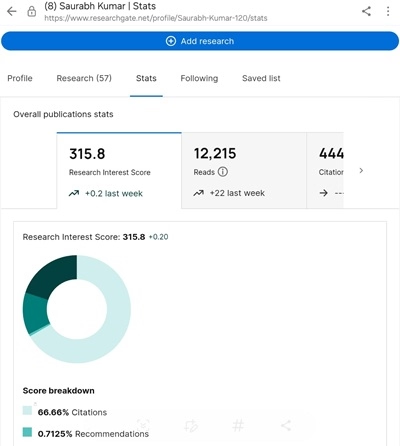
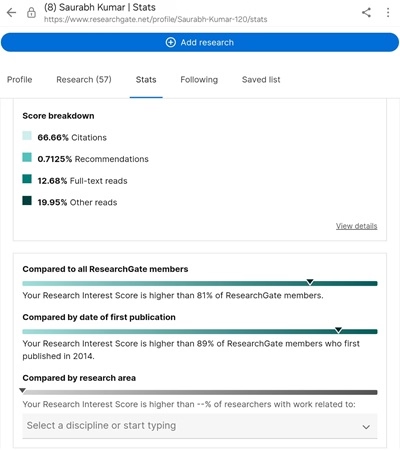
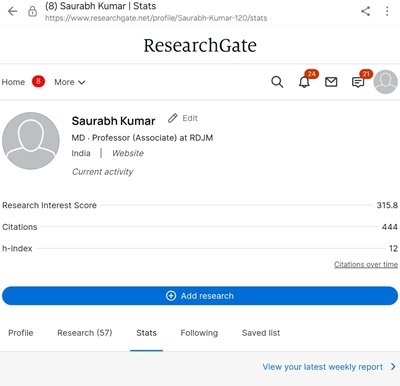
Understanding Labels and Realities
When we hear terms like "personality disorder," it's crucial to remember that behind the clinical definitions lie real people, each with their own struggles and experiences. Ananya's story sheds light on the complexities individuals with personality disorders face from day to day. By delving deeper into these conditions, we can move beyond stigmas and misconceptions and instead foster empathy and support for those navigating the intricate world of personality disorders.
Types of Personality Disorders Explained in Simple Terms
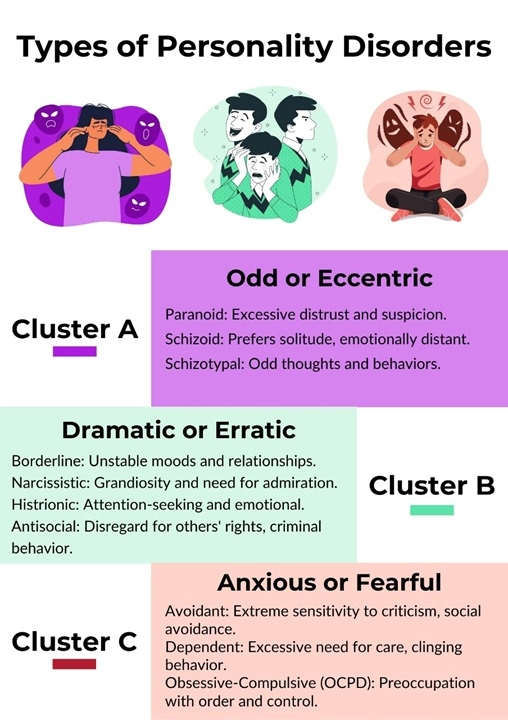
Personality disorders are basically different ways in which people's personalities can get kind of messed up. They can be put into three groups, each with its own specific stuff going on:
Cluster A: The Odd or Weird Ones
- Paranoid Personality Disorder: Some folks are super suspicious and think everyone's out to get them, like how Rajesh in Jaipur thinks his neighbors are spying on him and his co-workers are plotting against him without any good reason.
- Schizoid Personality Disorder: Others don't really care much about being around people, preferring to be alone most of the time and not showing much emotion.
- Schizotypal Personality Disorder: Then there are those who have strange thoughts and beliefs, and might do weird things like Mira in Chennai who thinks she can predict the future and has odd rituals to protect herself.
Cluster B: The Drama Queens (or Kings)
- Borderline Personality Disorder: Some people have really unstable emotions and relationships, like Ananya who we talked about earlier.
- Narcissistic Personality Disorder: Others think they are super special and deserve all the attention, like a boss in Delhi who treats people badly and thinks he knows everything.
- Histrionic Personality Disorder: Some just can't get enough attention and might make up stories or act overly dramatic to get noticed, like Priya the actress in Mumbai.
- Antisocial Personality Disorder: Then there are those who don't care about others' rights and might do bad stuff, like Vikram in Bengaluru who lies, steals, and breaks the rules without feeling guilty.
Cluster C: The Anxious Bunch
- Avoidant Personality Disorder: Some people are super sensitive to criticism and feel like they're not good enough, so they avoid being around others to avoid feeling embarrassed, like Ramesh in Pune.
- Dependent Personality Disorder: Others feel like they can't do anything without someone taking care of them, like Radha in Kolkata who can't make decisions on her own and is scared of being on her own.
- Obsessive-Compulsive Personality Disorder (OCPD): Finally, there are those who are obsessed with order and perfection, like Ajay in Hyderabad who gets mad when things don't go as he planned.
So, these are the different types of personality disorders in simple terms. It's like people's personalities getting a little mixed up in ways that can cause problems in their lives.
Understanding the Causes of Personality Disorders: Nature, Nurture, and Society
Personality disorders are not as simple as just having a particular set of traits. They are actually really complex and come about because of a mix of different things like genetics, biology, psychology, and the world around us. Studies show that the things that happen to us early on in life, especially if they are stressful or we don't get the love and care we need, can have a big impact on whether we develop a personality disorder or not.
For instance, let's look at a case where a woman named Rina, who grew up in a small village in Uttar Pradesh, India, faced a lot of tough situations at home. She saw her parents fighting a lot and was often left on her own, not getting the attention and care she needed. As she got older, she started avoiding social situations and struggled to find a good job. This was because she had a deep fear of people rejecting her and felt like she wasn't good enough, which were things she picked up from her childhood experiences.
It's also important to think about how the culture we grow up in affects how personality disorders show up and how people see them. In countries like India, where family and community are really important, sometimes certain behaviors that might be seen as signs of a personality disorder in a place like the United States could be overlooked or misunderstood. This can make it harder for people to get the right help they need.
So, when we talk about why people develop personality disorders, it's not just about our genes or our brains. It's also about the things that happen to us as we grow up and the society and culture we live in that all play a role in shaping who we are.
Navigating Challenges in Understanding and Treating Personality Disorders
Diagnosing personality disorders can be quite tricky because they often come paired with other mental health issues like feeling down, anxious, or struggling with substance abuse. It's like trying to solve a puzzle with missing pieces – what seems like one disorder might actually be a mix of different ones. Picture this: someone who feels overly reliant on others might also fear rejection and avoid social situations, which can make pinpointing their exact issue a bit of a head-scratcher.
The go-to tools for diagnosing these disorders, such as the DSM and ICD, have their fair share of critics. Why? Well, they tend to put personality disorders into neat little boxes, which doesn't quite capture the full depth and complexity of human behavior. That's like trying to fit a square peg into a round hole – it just doesn't quite work.
Thankfully, there's an emerging trend moving towards more flexible and nuanced models. Instead of viewing personality disorders as strict categories, these new approaches see them as existing on a broad spectrum. It's like understanding that people aren't just either tall or short – there's a whole range of heights in between.
Let's take a look at Raj, a 32-year-old chap from Goa. He found himself grappling with both Obsessive-Compulsive Personality Disorder (OCPD) and Narcissistic Personality Disorder. Raj's need for strict control often clashed with his craving for attention and praise, leading to numerous clashes with those around him. However, therapy that focused on seeing his personality traits as part of a spectrum helped him strike a balance. By understanding and managing his tendencies, Raj was able to reduce conflict and strengthen his personal connections.

Help is just a call away—reach out to expert psychiatrists in Patna for effective mental health treatment.
In essence, unraveling the complexities of personality disorders requires a more fluid and dynamic approach. By embracing the spectrum view, we can gain deeper insights and offer more effective treatments, paving the way for individuals like Raj to lead more harmonious lives.
Dealing with Judgement and Misunderstanding: The Challenges of Personality Disorders
When it comes to mental health, personality disorders often face an unfair amount of stigma and misunderstanding. Many people wrongly believe that those with personality disorders are simply being difficult or manipulative, which can lead to more isolation and a reluctance to seek help. This misconception can make it difficult for individuals struggling with personality disorders to get the care and support they need.
A recent study conducted in India highlighted that both mental health professionals and the general public hold negative attitudes towards individuals with personality disorders, especially Borderline Personality Disorder. This negative perception can act as a barrier, preventing individuals from seeking the appropriate help and support they require to manage their condition effectively.
Educating and raising awareness about these biases is essential to improving the outcomes for those living with personality disorders. By addressing these misconceptions, we can create a more supportive environment for individuals like Neha, a young woman from Ahmedabad, who faced judgment and misunderstanding when she sought help for her self-harm and Borderline Personality Disorder at her local clinic.
Unfortunately, Neha's experience is not uncommon. Many individuals confronting personality disorders often encounter dismissive or judgmental attitudes from healthcare providers and even members of their own community. Being labeled as attention-seeking or difficult can prevent individuals from accessing the care and resources necessary to address their condition, ultimately worsening their situation.
The key to breaking this cycle of stigma and misunderstanding is through education and awareness. By challenging these negative beliefs and promoting understanding and empathy, we can create a more supportive environment for those living with personality disorders. It is crucial for us as a society to take a stand against the discrimination faced by individuals with mental health conditions and strive to create a more inclusive and compassionate community where everyone feels valued and supported.
Effective Treatments and Support Strategies
Dealing with personality disorders can be tough, but there's hope. Certain treatments like Dialectical Behavior Therapy (DBT), Cognitive Behavioral Therapy (CBT), and schema therapy have been successful in helping people handle their symptoms and live more fulfilling lives. Sometimes, medications can help manage other issues like depression or anxiety that come along with the disorder, but they're not usually the main way to address personality disorders.
Let's consider the case of Ashok, a 40-year-old man from Varanasi who struggled with Antisocial Personality Disorder. He often found himself on the wrong side of the law. But things started to change for Ashok when the court ordered him to attend a therapy program that focused on managing his anger and changing his thought patterns. Through this program, Ashok began to realize the impact his actions had on other people. Recovery isn't a speedy process, but with the right support, it's possible.
Support is vital in the treatment journey. Both family and community support can make a significant difference. In India, involving family members in therapy can create a more nurturing environment and lessen the shame often associated with seeking help for mental health issues. This inclusive approach can help individuals like Ashok feel supported as they work towards better mental health.
Moving Forward: Embracing Compassion and Understanding for Personality Disorders
Dealing with personality disorders can be tricky, but it's not a lost cause. It's important to step away from the usual stereotypes and realize that individuals grappling with these disorders are more than just their labels; they have their own unique stories and strengths. Raising awareness among the public, enhancing our understanding of mental health, and cultivating empathy can greatly improve the support available to those who are struggling.
It's vital to take into account the various cultural, environmental, and societal factors that come into play when addressing personality disorders. By doing so, we can offer a more comprehensive approach to caring for those affected. Mental health is gaining momentum as a crucial issue in India, and it's crucial to bear in mind that each small step taken in fostering understanding and empathy can have a profound impact on someone's path to recovery.
In essence, by recognizing the human behind the diagnosis, educating ourselves, and treating individuals with compassion, we can pave the way for a more inclusive and supportive environment for those navigating the challenges posed by personality disorders.
If you or someone close to you is dealing with a personality disorder, it's important to not be afraid to ask for help from a trained professional. Remember, it's possible to get better with the proper guidance and assistance. So, don't hesitate to seek support and care because recovery is achievable with the right resources and assistance available.
Want To Explore More? Read More for Valuable Tips
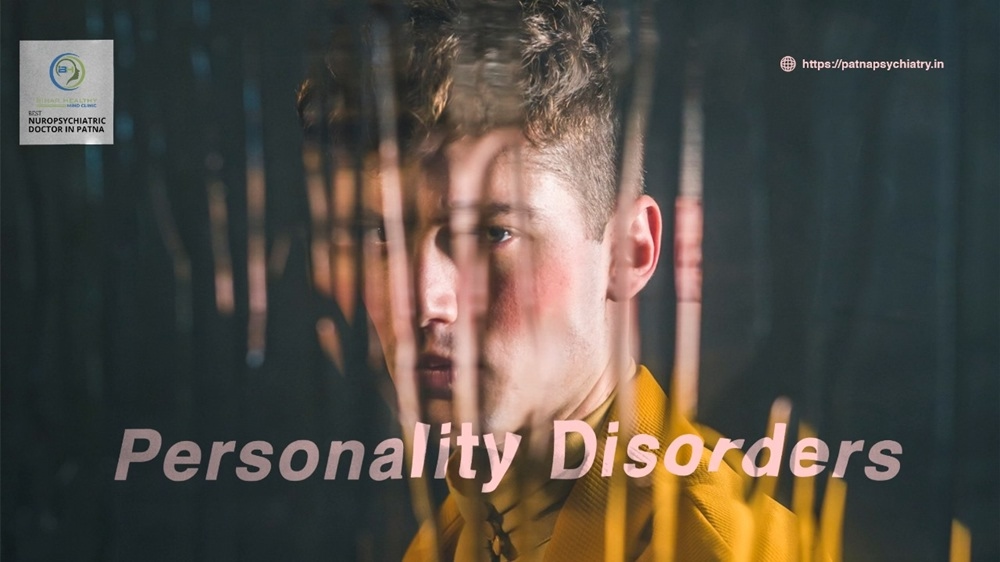
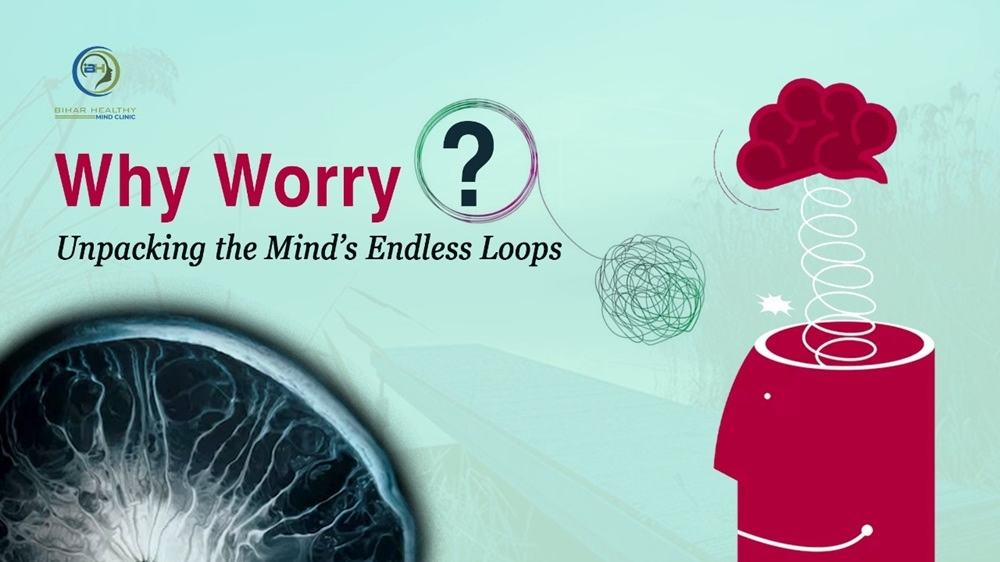
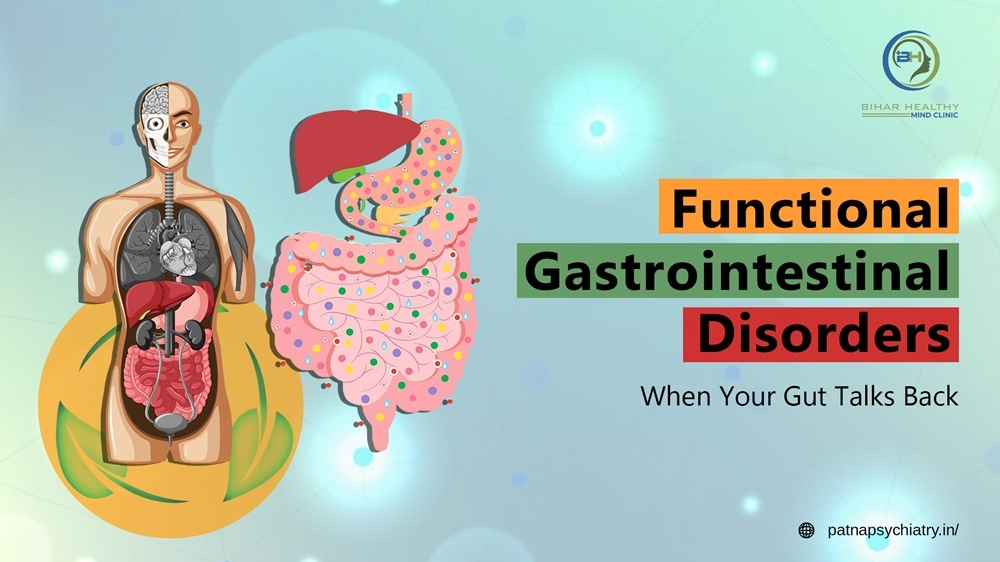
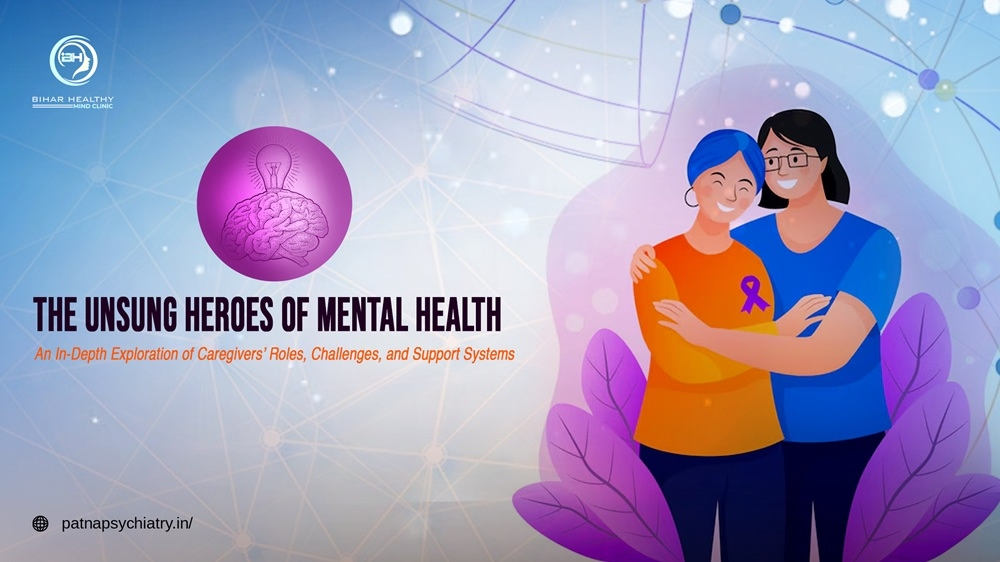
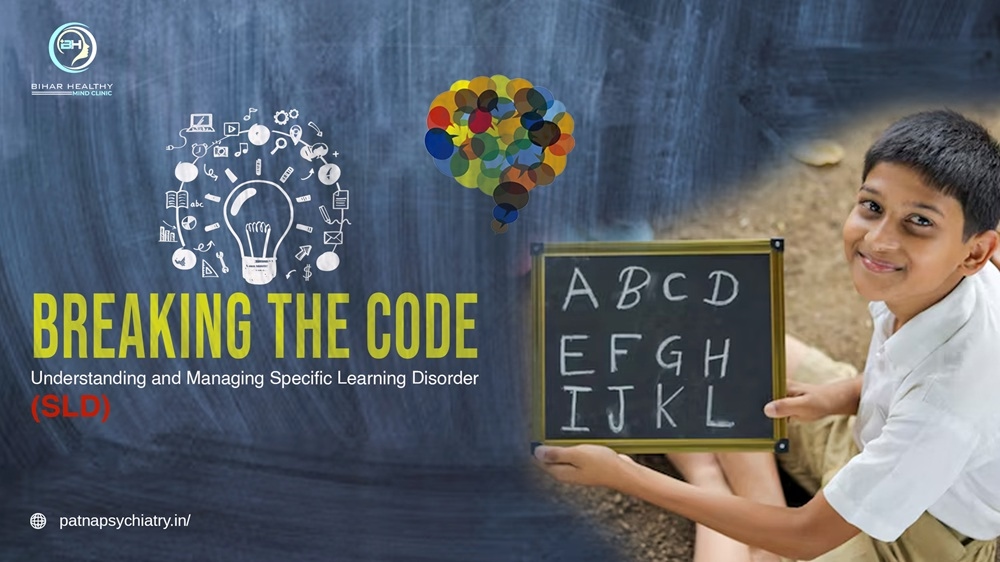
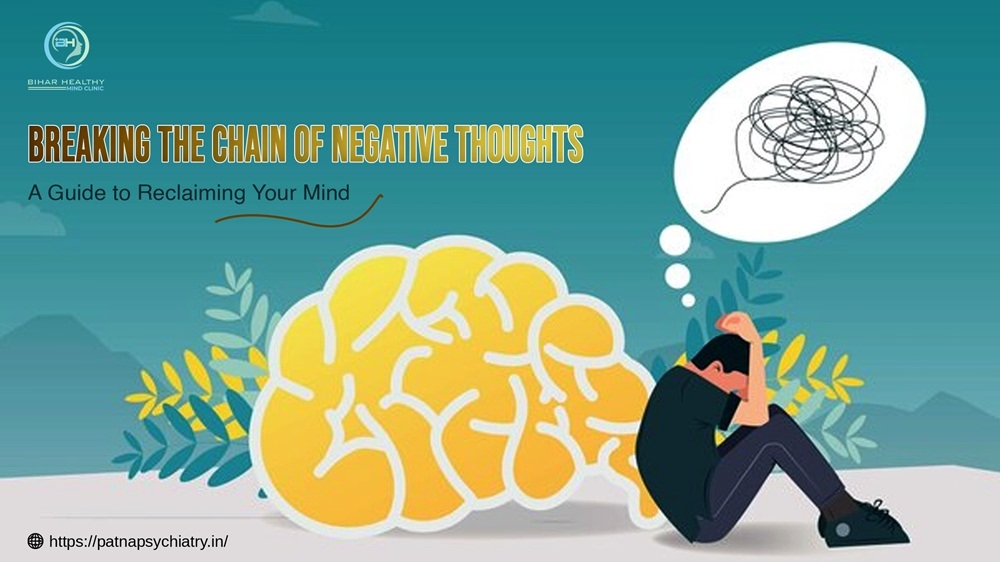
Fabulous, what a web site it is! This web site gives useful data
to us, keep it up. https://lvivforum.Pp.ua/
If some one needs expert view concerning blogging and site-building afterward i suggest him/her
to visit this website, Keep up the good work. https://Lvivforum.Pp.ua/